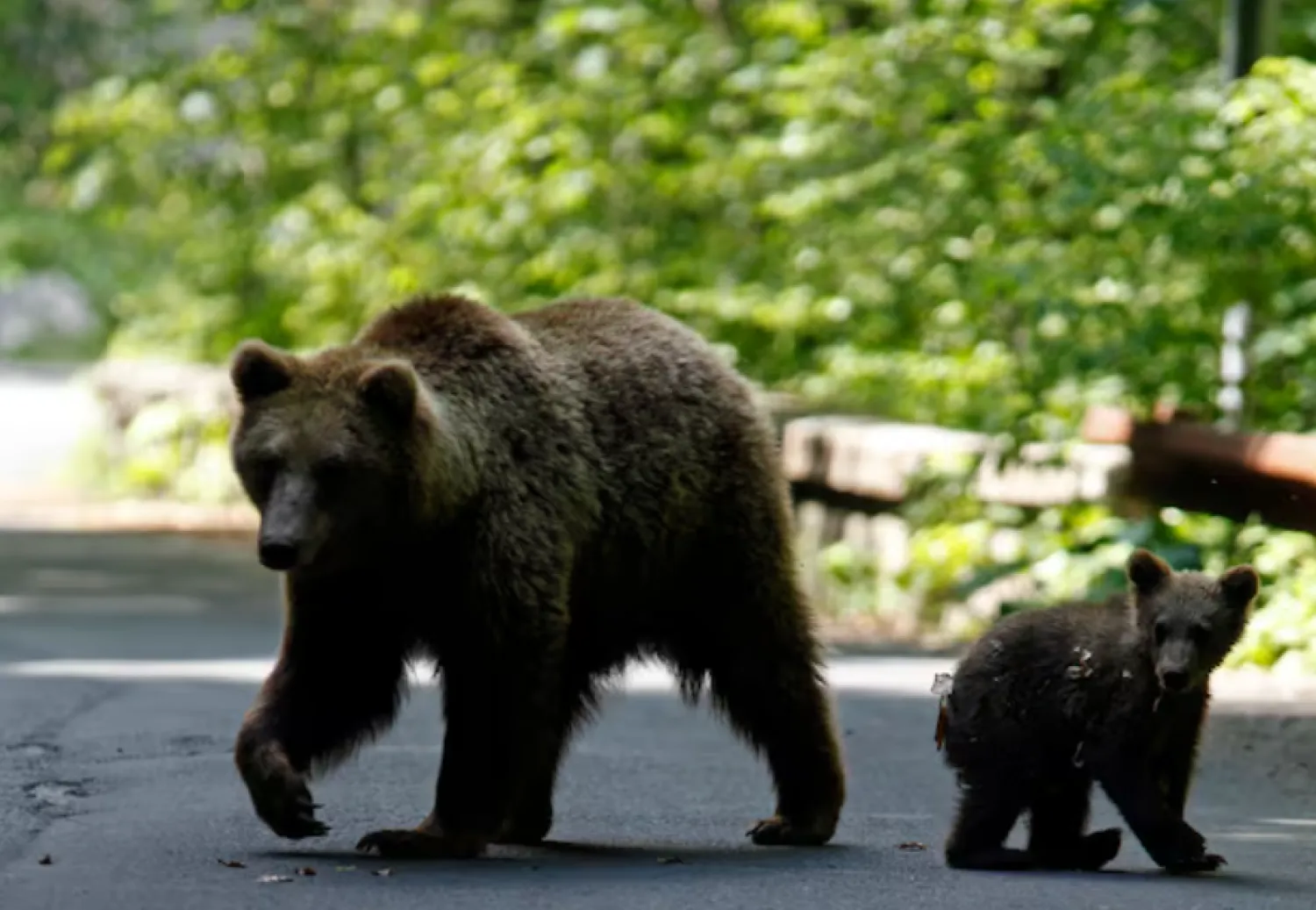Romania's parliament approved the culling of almost 500 bears this year in a bid to control the protected species' "overpopulation" after a deadly hiker attack sparked nationwide outcry.
Romania is home to Europe's largest brown bear population outside of Russia with 8,000, according to the environment ministry.
Bears have killed 26 people and severely injured 274 others over the last 20 years in the southeastern European country, the ministry said earlier this year.
After a young hiker was mauled to death on a popular trail in Romania's Carpathian Mountains, Prime Minister Marcel Ciolacu summoned lawmakers back from their summer recess to attend an emergency session of parliament, AFP reported.
As well as adopting legislation to control the brown bear population, the parliament held a moment of silence in the 19-year-old hiker's memory.
The law adopted Monday authorizes the culling of 481 bears in 2024, more than twice last year's total of 220.
Lawmakers argued that the bears' "overpopulation" had led to an increase in attacks, while admitting that the law will not prevent attacks in the future.
But environmental groups have denounced the measure.
"The law solves absolutely nothing," World Wildlife Fund biologist Calin Ardelean told AFP, arguing that the focus should be shifted towards "prevention and intervention" as well as so-called "problem bears".
According to WWF Romania, culls will not remedy the problem unless measures are put in place to keep bears away from communities, such as better waste management or preventing people from feeding animals.
In 2023, about 7,500 emergency calls to signal bear sightings were recorded, more than double the previous year, according to data presented last week by Romanian authorities.









